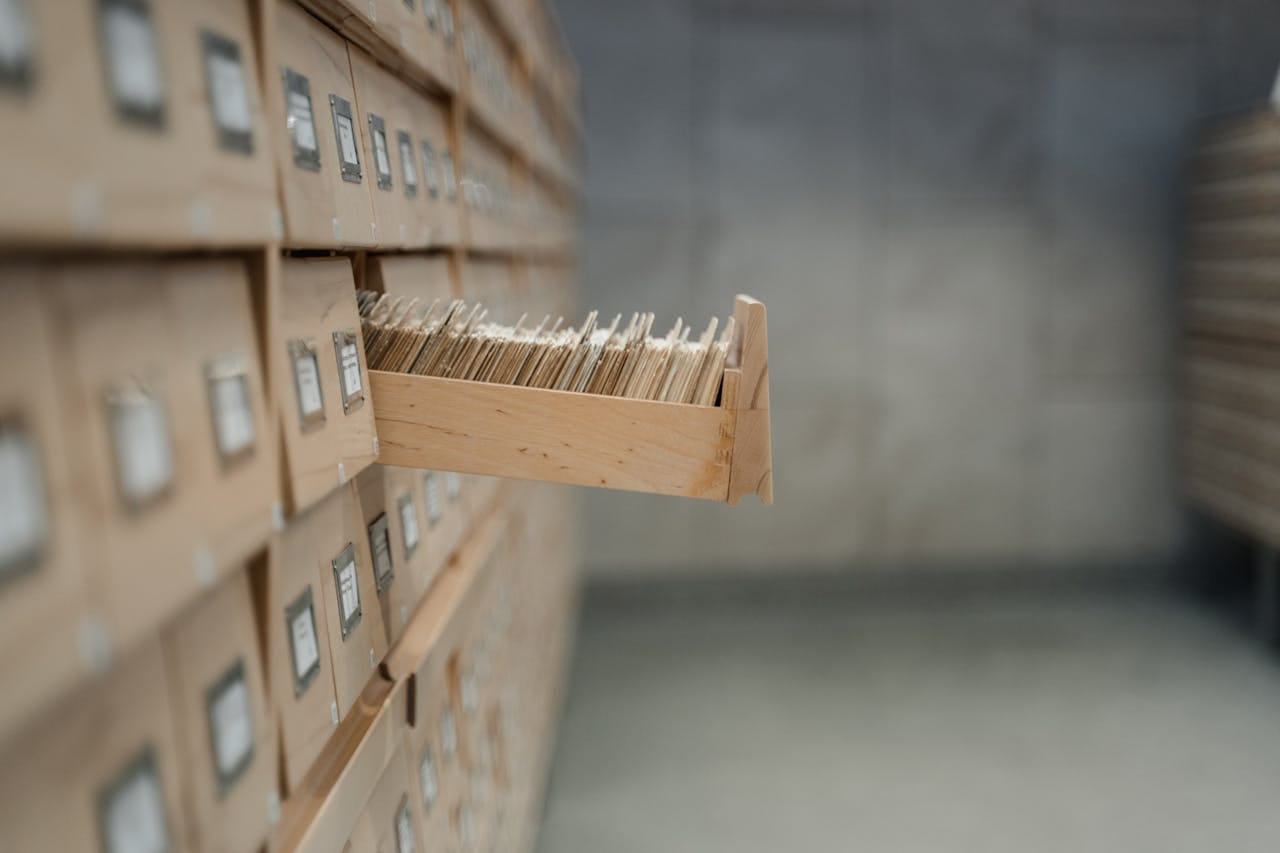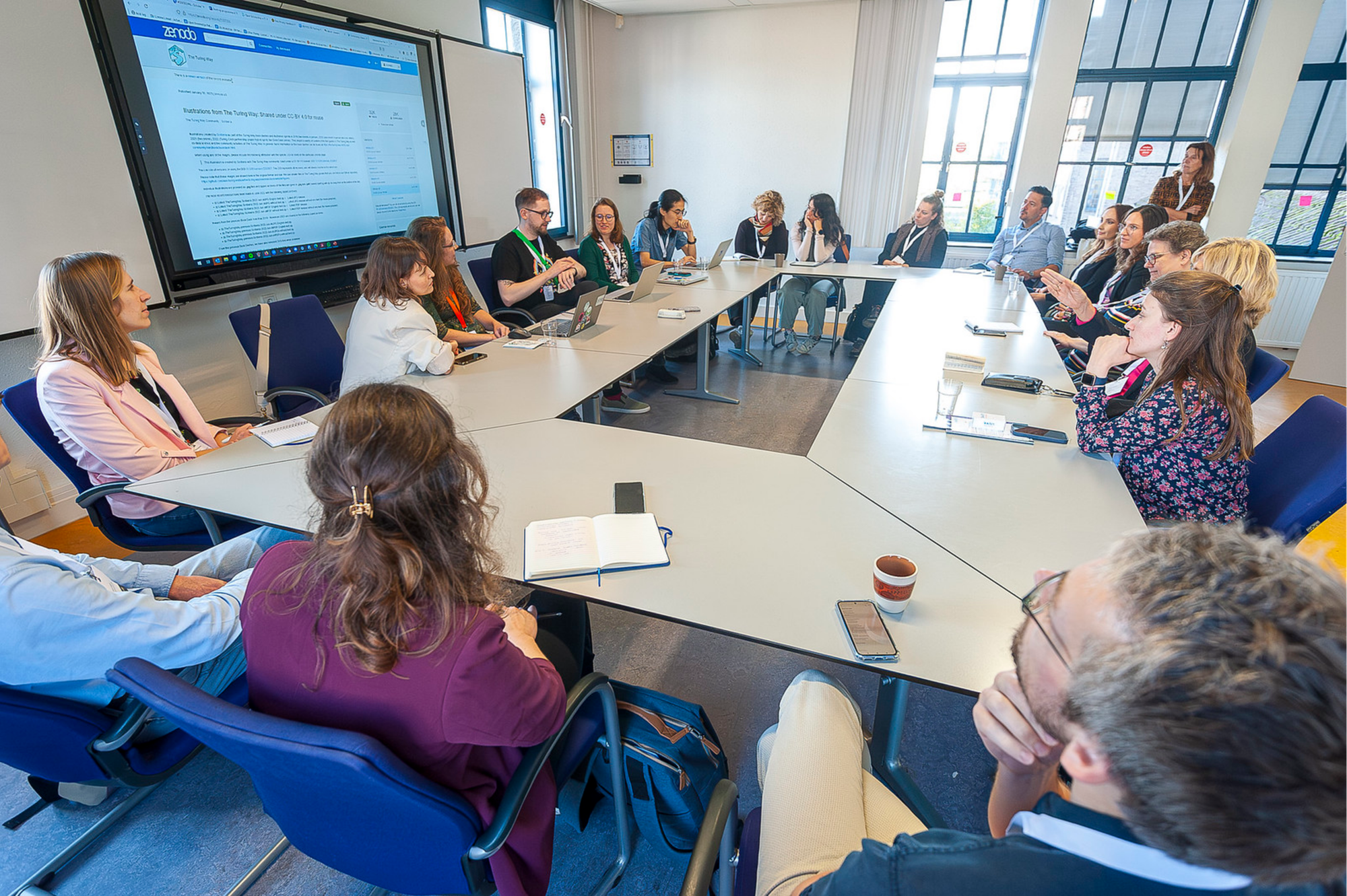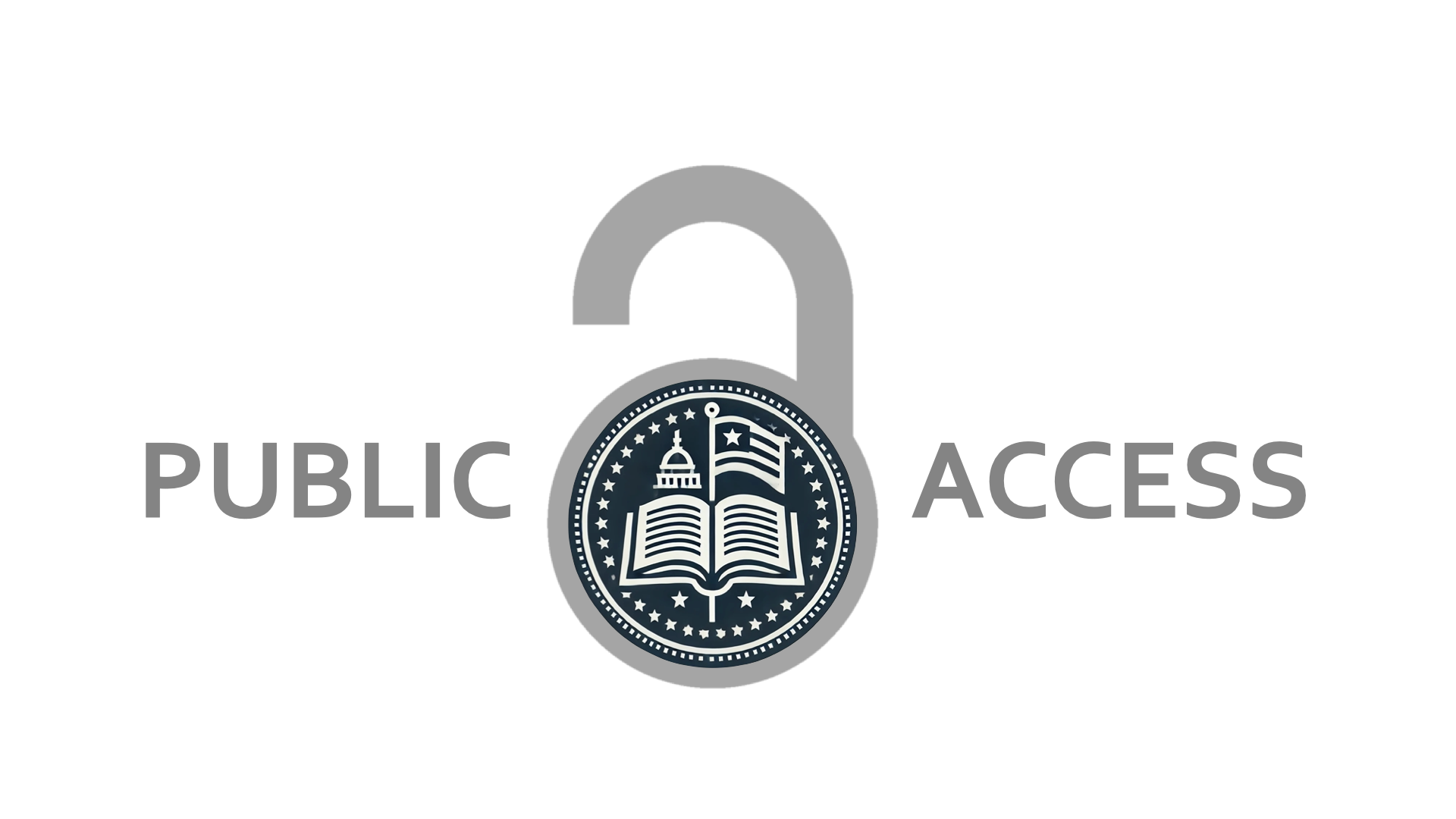
The Collaborative Metadata Enrichment Taskforce (COMET) has released a Community Call to Action, inviting organizations and individuals to contribute resources (funding, expertise, metadata, and infrastructure) to support the first phase of a community-driven infrastructure for making persistent identifier (PID) metadata better and more complete.








